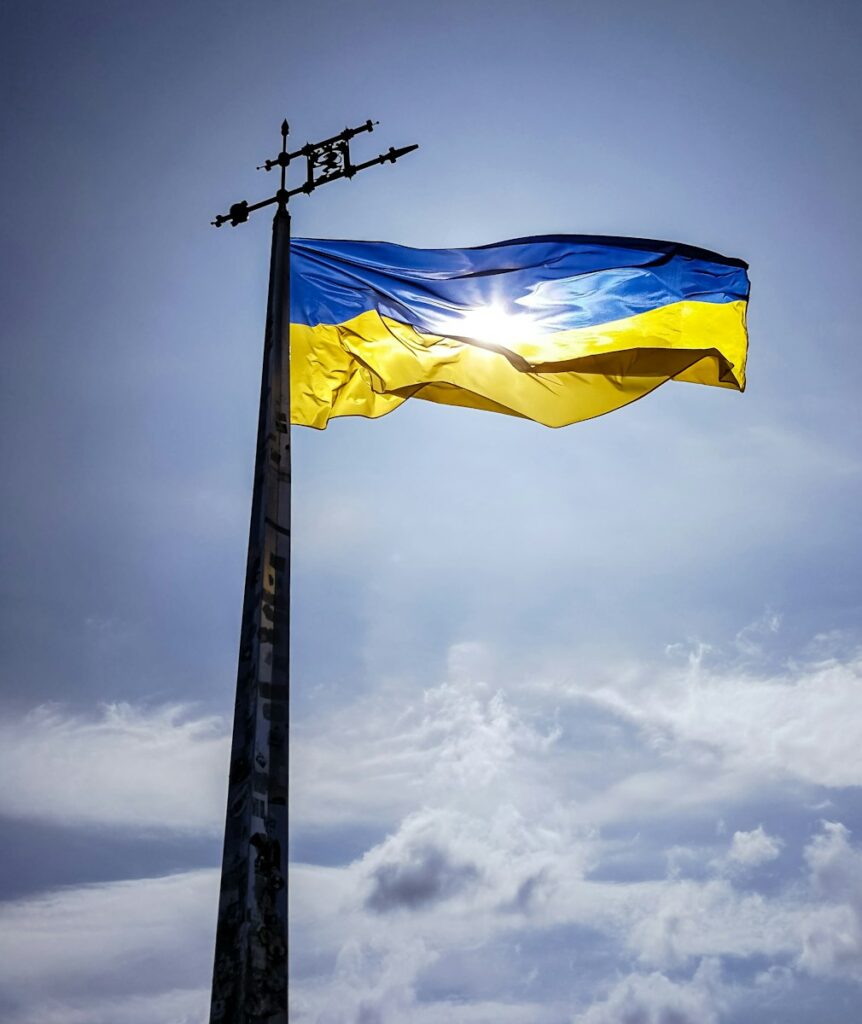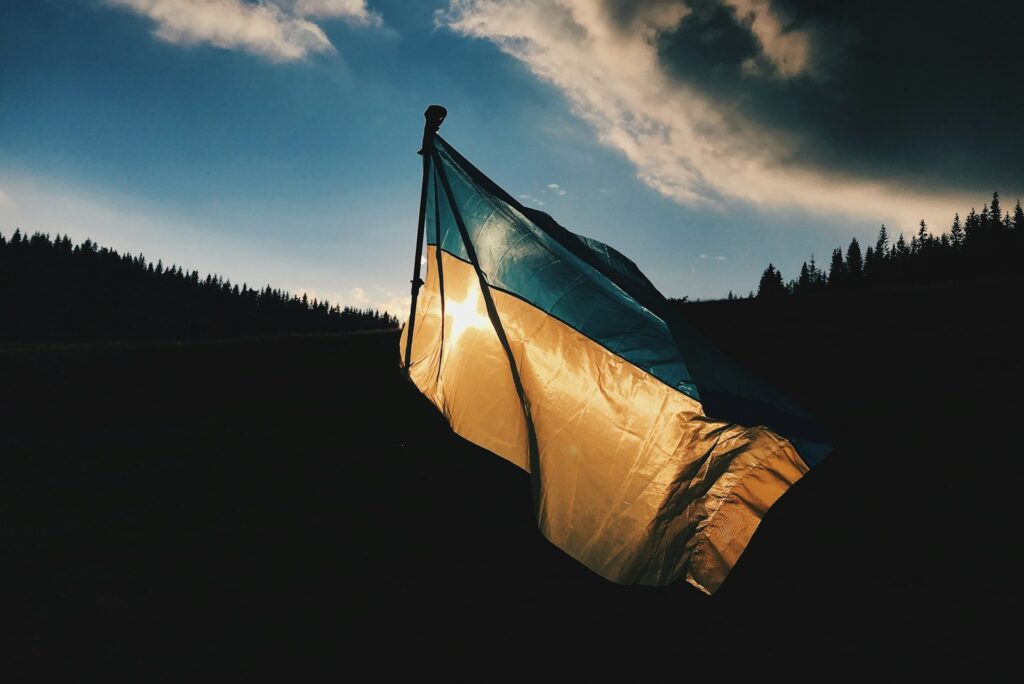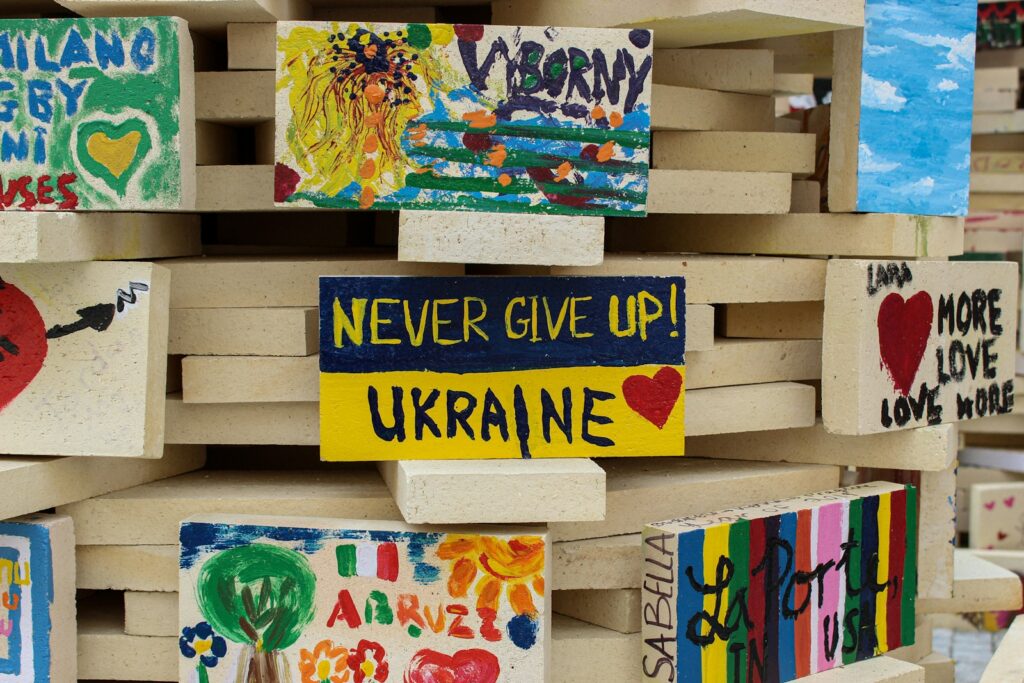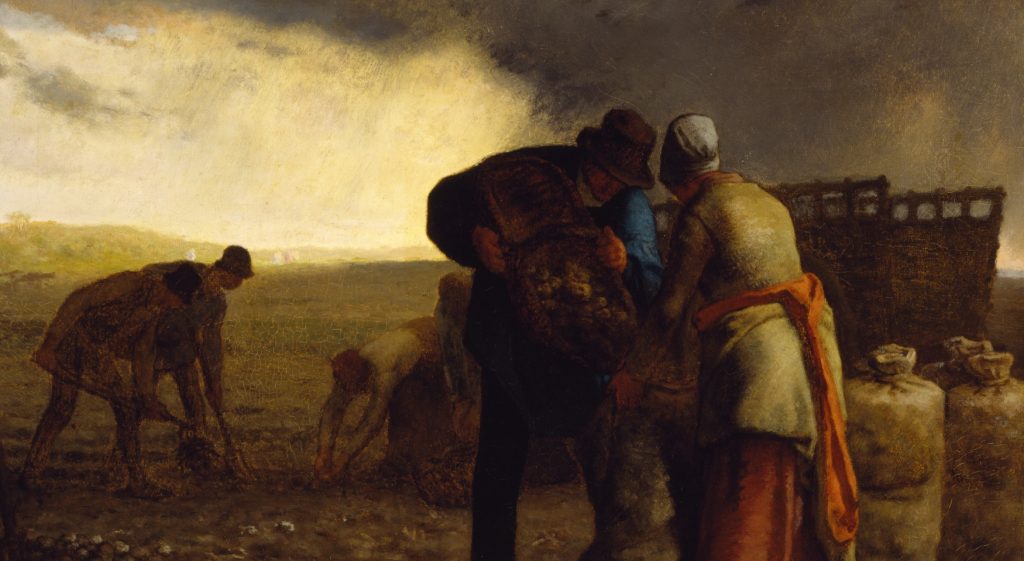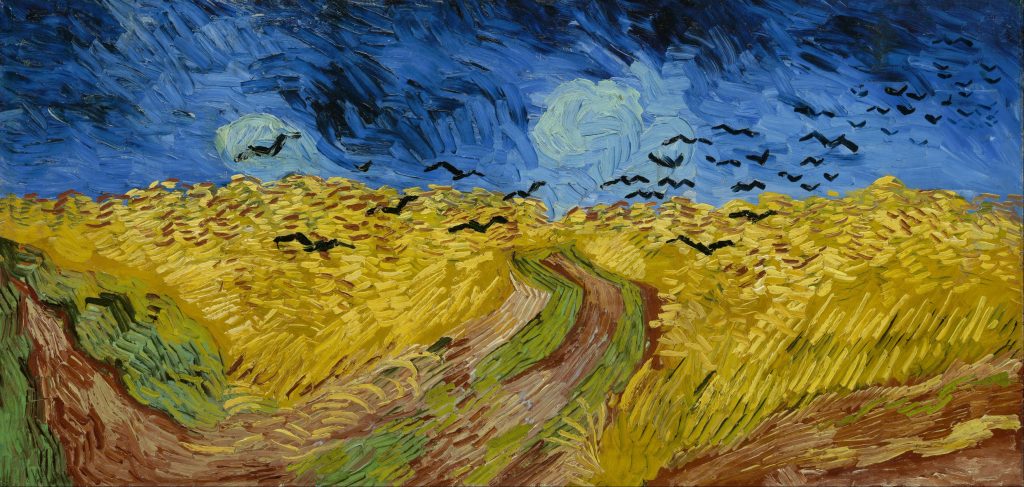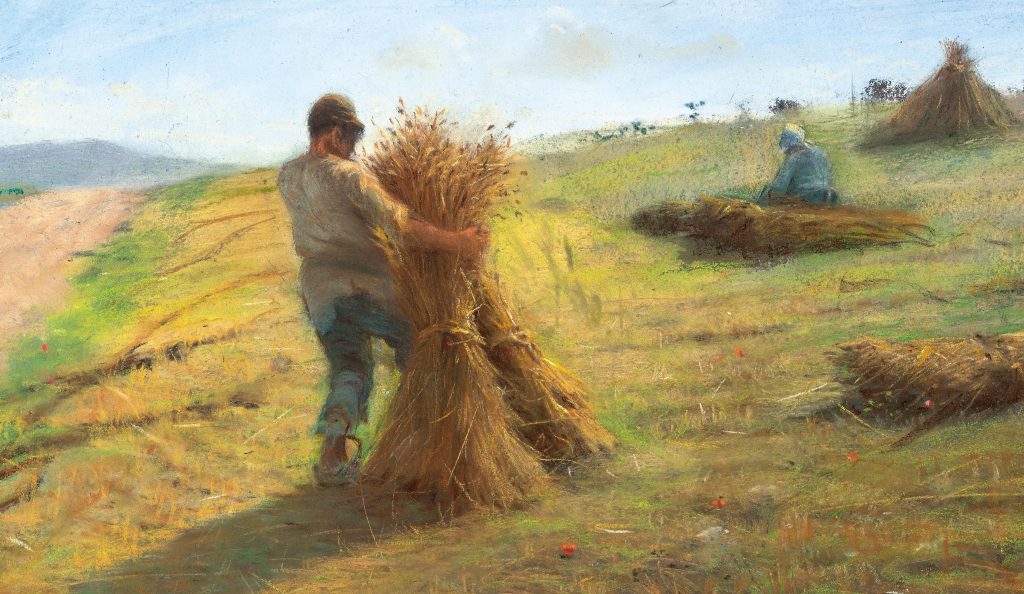
War and Lack of Economic Freedom Continue to Cripple Ukraine’s Economy
BY
Bendukidze Free Market Center / November 3, 2025
According to the Fraser Institute’s latest Economic Freedom of the World report, Ukraine has once again found itself in the group of the least economically free countries in the world. Ukraine is currently ranked 143rd among 165 countries and territories, a slight improvement from the previous 150th place.



